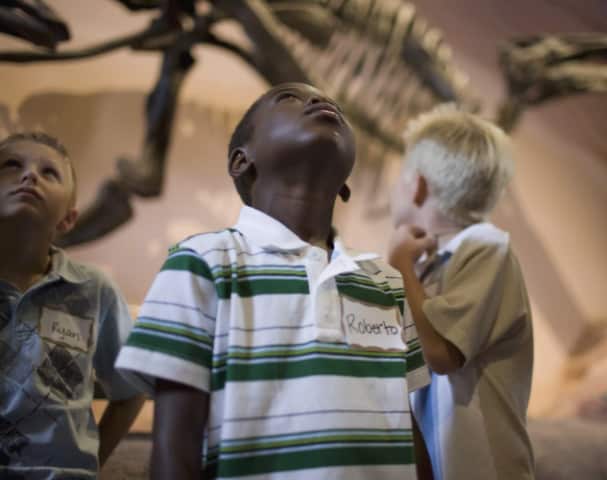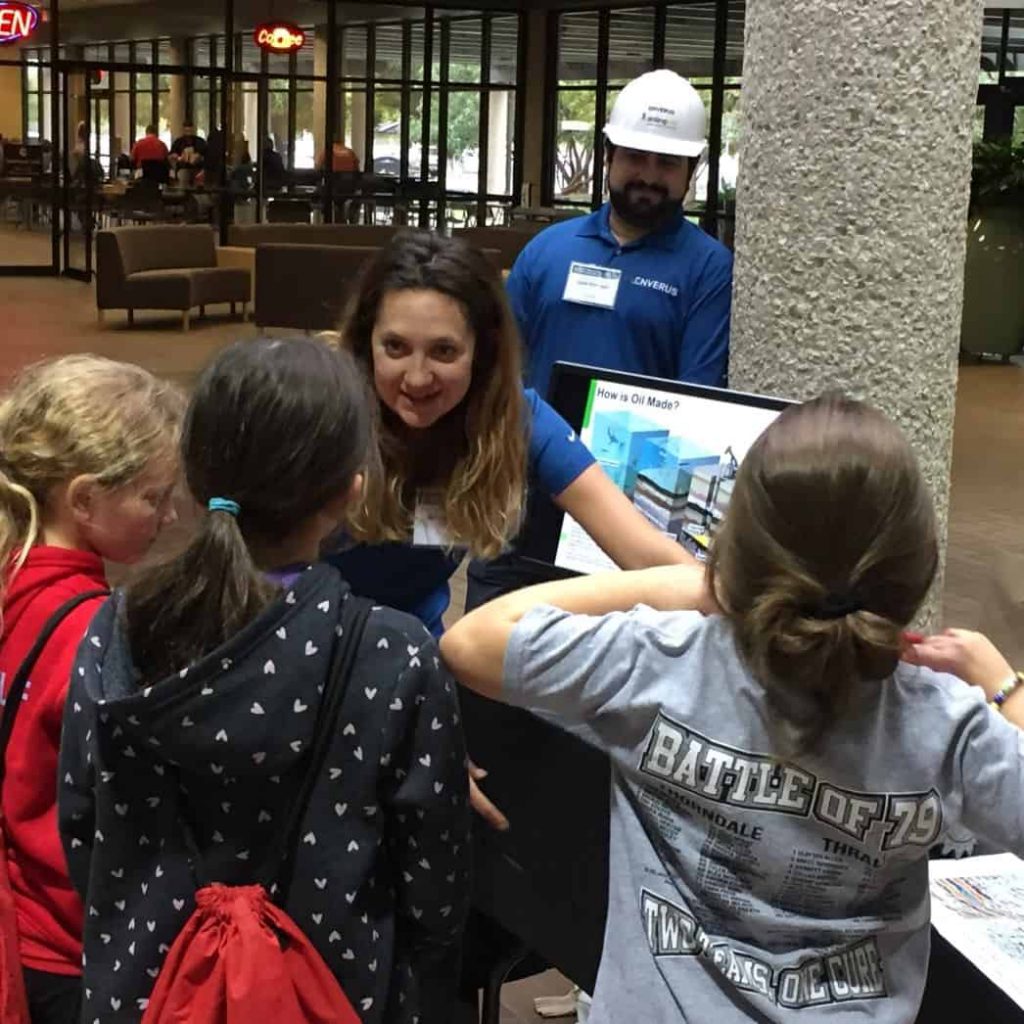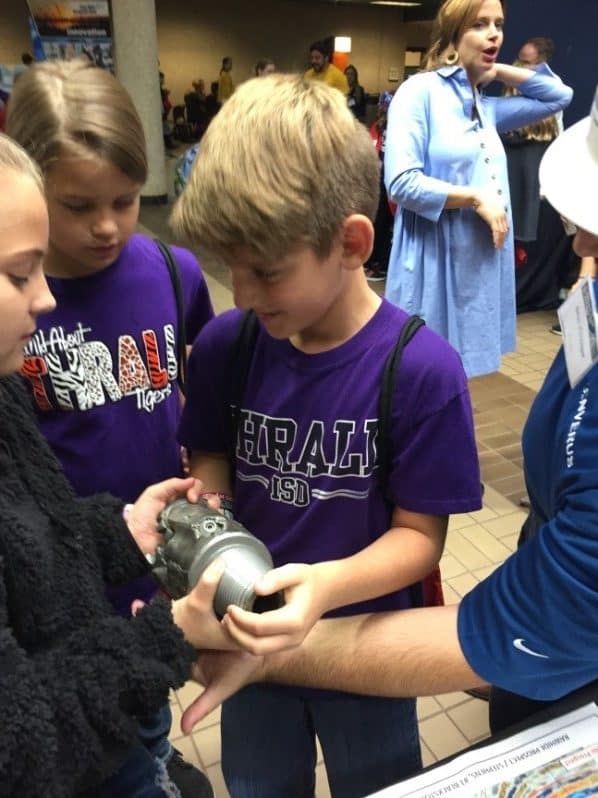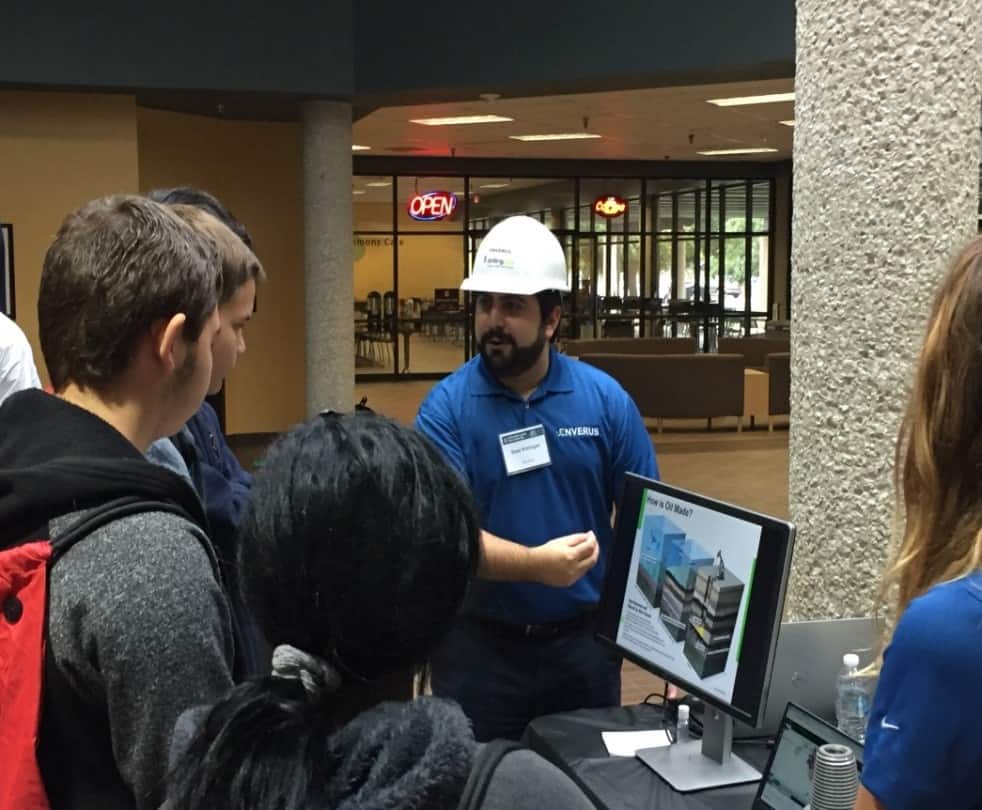
For those of us who have had the great, good fortune to be paid to use our brains to find oil & gas, and to maximize its production, please give some thought to building that opportunity for the generations to come.
Building a career in the geosciences for a number of us was probably a given.
Dad or Mom worked in the oil patch and passed along compelling stories of the challenges of trying to understand how Mother Nature distributed oil & gas in reservoirs thousands of feet below us.
Our friends had parents who worked in the industry and we were constantly immersed in the culture of oil & gas.
For others, our path to exploration geology, geophysics, or petroleum engineering was probably, in large part, a function of luck.
For me, it certainly was.
I was a military brat. My dad was a career U.S. Army officer whose focus during the Cold War was the supply of and logistical support of the Army’s mission in Europe, then in Asia.
I remember him telling me about the time as a Lieutenant Colonel in Heidelberg, Germany, in 1957, he was charged by his commanding officer—a three-star Lieutenant General—with assessing the viability and merit of a two-star general’s proposal to fundamentally change the logistics models of the Army in Germany. It was important work, because it centered on how the Army and its allies would respond to a Russian invasion through the Fulda Gap in southern Germany.
My Dad sweated over this. He was reviewing the work of a West Point general and knew well the stakes for both the Army and his career if he messed it up.
He did his analysis, determined that the two star’s proposal was not viable, would cripple the Army’s ability to effectively support a war-fighting effort, and submitted his report. After a period of time, his commanding officer called him into his office, looked my dad in the eye, and said, “Nib, I agree with you.”
My Dad was relieved and elated. He had followed his own logic, assessed the evidence as honestly and dispassionately as he could, and was vindicated and supported.
My point is that as a kid, I was surrounded by families that had a narrow part of the Army’s mission in common. I never met a politician, or an investment banker, a lawyer—or a geoscientist.
I had no exposure to earth sciences, and certainly no familiarity or awareness of oil & gas exploration as a career.
Enter luck.
I went to college at Dartmouth, which is in New Hampshire, and it stays cold from mid-October through March. My freshmen year I thought I would be an engineer, but soon realized the way I thought didn’t align with the engineering mindset.
So, I was searching for a major. I had to take an elective and chose Geology 101.
Classes started in early January, so for the first three months everyone came to class in sweaters and parkas and long-sleeved shirts. In late March, the weather had warmed a bit, so one day my professor, Dr. Robert Decker, came to class, got ready to draw a diagram on the plastic sheet used with an overhead projector (no PowerPoint or computers back then), but stopped to roll up the sleeve on his left arm. And I was shocked to my core.
His arm was a mass of scars and burned tissue. He was a volcanologist and had gotten a bit too enthusiastic about sampling an active lava flow in Iceland. A bit of increased gas pressure in the flow blew out a chunk of lava that landed on his arm, burning him badly.
Yet here he was, in my class passionately talking about basic geology and enthusiastically pursuing his active research into volcanology. Nearly losing his arm didn’t deter him from his profound passion for geology.
Being the deep thinker that I am, I thought, “Hmm … there must be something to this geology thing.”
I declared Geology as my major and have been forever thankful that I did.
For young people in places like Terre Haute, Indiana, or Portland, Maine, or a hundred places you can name, there’s no oil & gas industry or presence to help stimulate their imagination.
Their parents are not going to be driving them by rigs with 30-foot substructures or pass a vibroseis crew thumping away. They’re not likely to overhear a rig hand talk about narrowly avoiding a blowout while taking a kick, a mudlogger enthusiastically describing a great crush cut, or a geologist pumped up about seeing pay at the expected depth on a down log.
They’re never going to be exposed to the magic of the greatest treasure hunt in the world.
So, let’s ALL do our part to reach out to children and school systems to share the magic of what we do.
On Oct. 13, Enverus was enormously blessed to be able to participate in the 20th Annual Austin Earth Science Week Career Day sponsored by the Bureau of Economic Geology.
We had the chance to meet young students—mostly middle schoolers—who were being introduced, for the first time, to the geosciences.

Anne Brennan, who heads up a team in Enverus’ Business Development group, was engaging and passionate in talking to young girls about her path into geology.
Enverus Technical Advisor, Sean Kimiagar, got students to hoist a small drill bit and showed them a great presentation about the lifecycle of oil & gas and talked enthusiastically to them about his career in the patch.


Even better, both Anne and Sean are keen to engage with young students more—with Anne looking to help out with The University of Texas at Austin’s Jackson School of Geosciences GeoFORCE summer field trip in Central Texas, and Sean by continuing to represent Enverus in coming years.
So when you have the opportunity to share the magic of your career in geosciences or engineering with a child, please go out of your way to do so. You might be firing up the next Michel Halbouty, Wallace Pratt, or George Mitchell!
If you have any education stories or insights that you want to share, please contact me at [email protected].